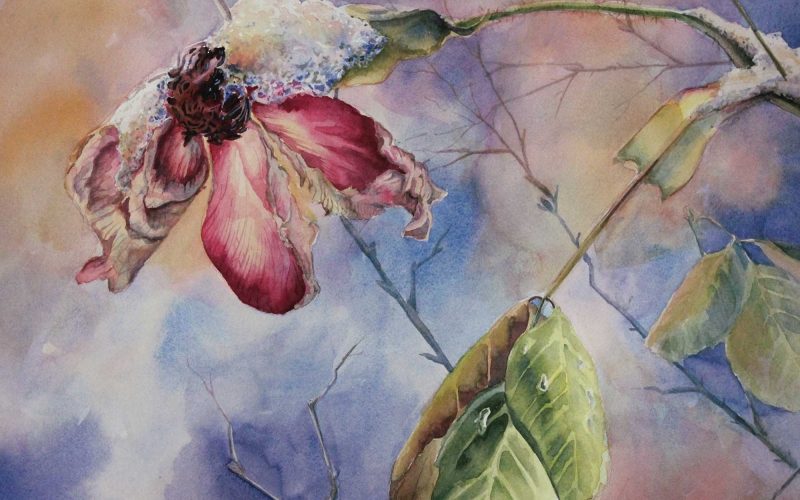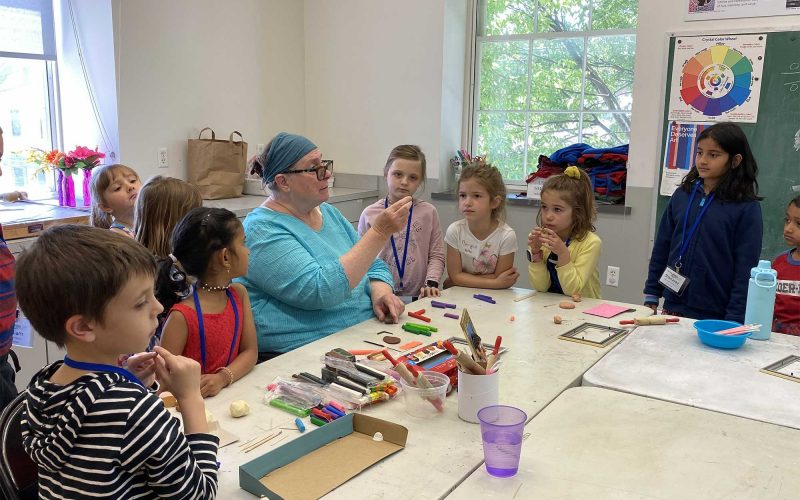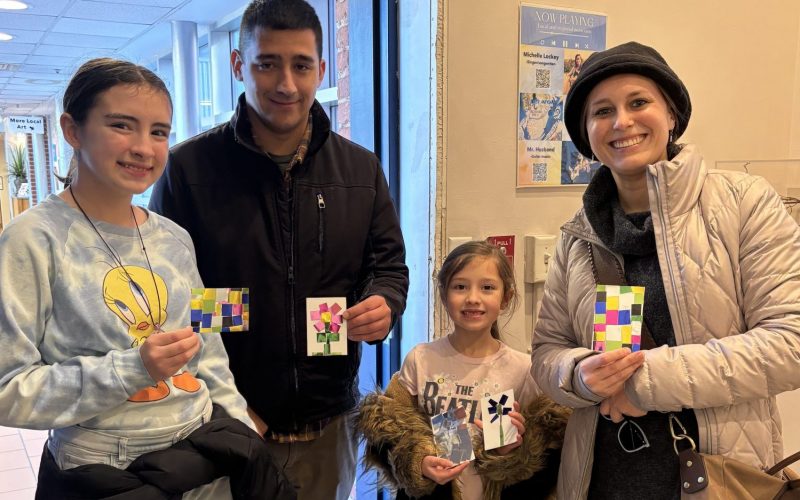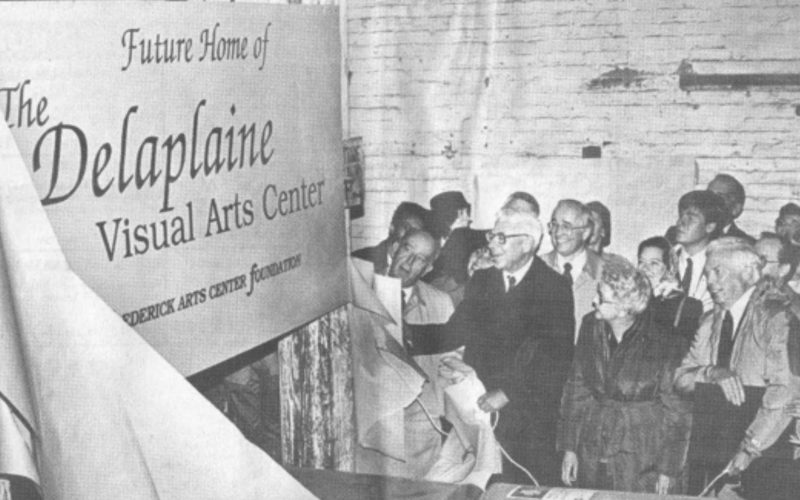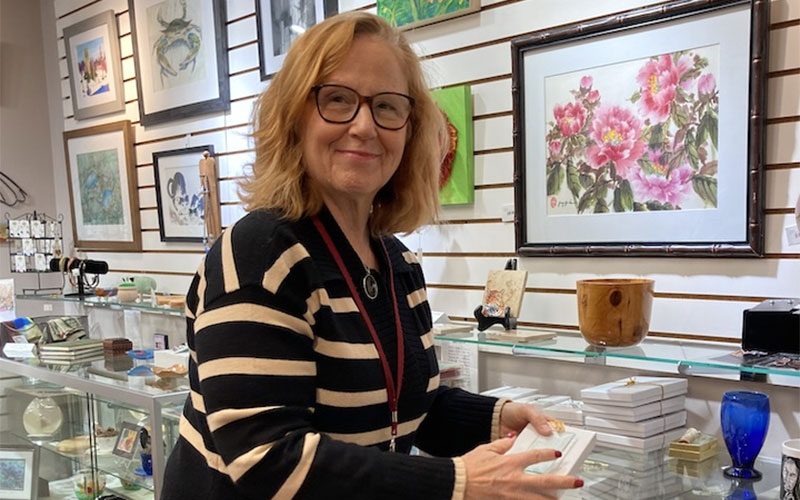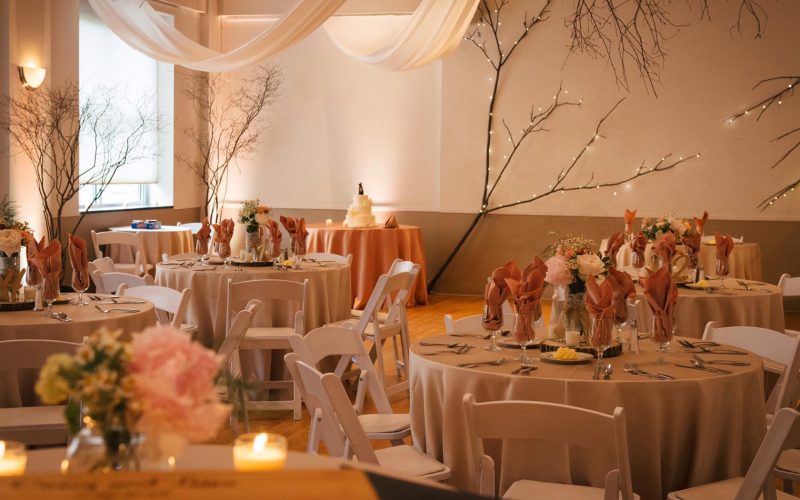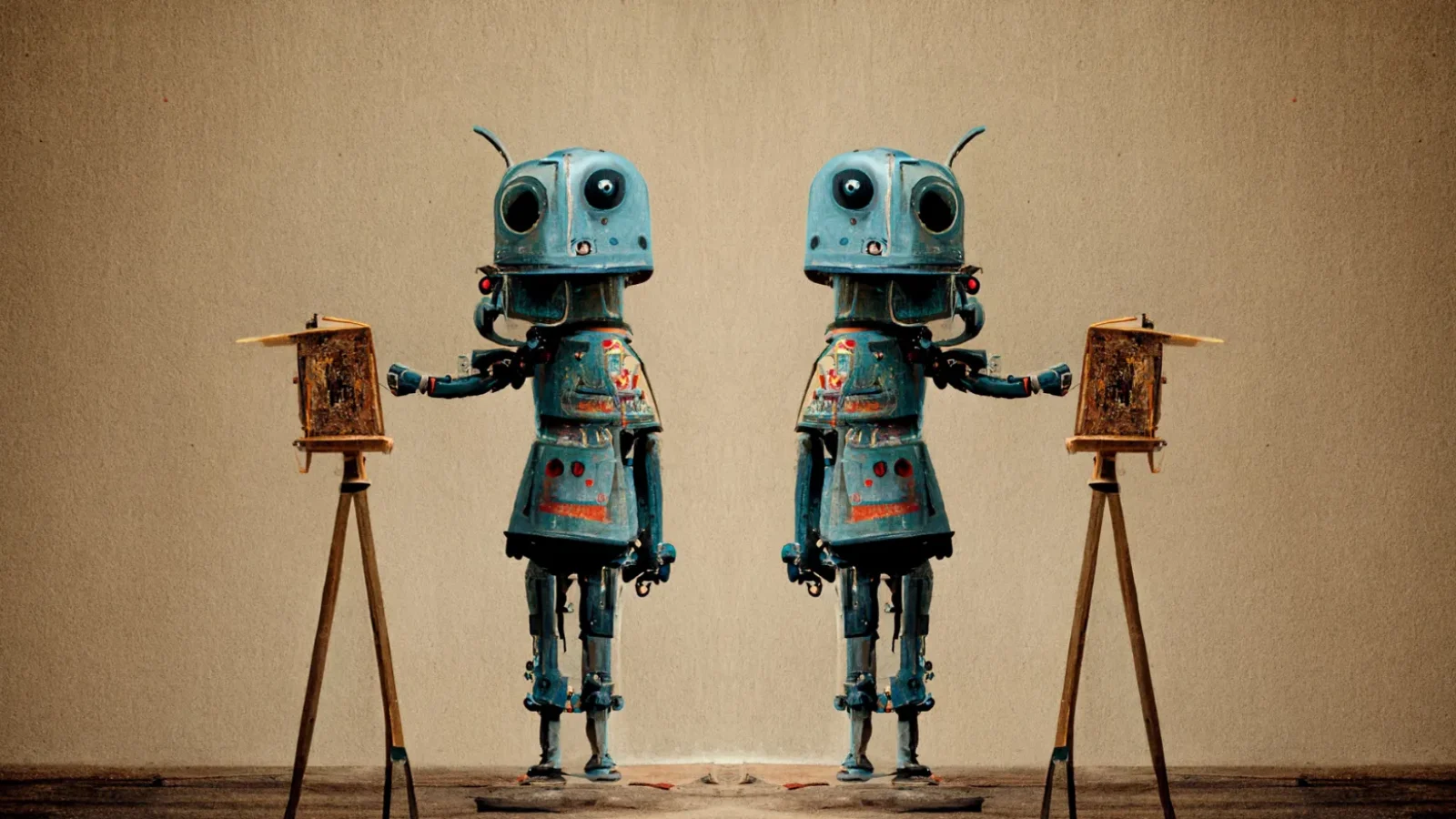Art and technology have always crossed paths and kept pace with one another. Join us for a day-long program exploring current concerns and benefits of the emergence of artificial intelligence and its intersection with the art world. Scholars on the front lines of the engagement of art and technology will present a wide range of topics including effects on our art historical perspective, how AI is transforming museum and gallery experiences, the history of art’s interaction with technology, and more.Art and technology have always crossed paths and kept pace with one another. Join us for a day-long program exploring current concerns and benefits of the emergence of artificial intelligence and its intersection with the art world. Scholars on the front lines of the engagement of art and technology will present a wide range of topics including effects on our art historical perspective, how AI is transforming museum and gallery experiences, the history of art’s interaction with technology, and more.
Schedule
Registration Check-in and Continental Breakfast
8:00 –9:00 am
Morning Talks
9:00 – 11:30 am
Matthew Westerby: Digital Research Officer at the Center for Advanced Study in the Visual Arts at The National Gallery of Art (Washington, DC)
With a focus on art history, Matthew Westerby’s work explores machine learning, computer vision, and AI approaches in museums and archives. He will discuss a recent publication and collaboration with scientific imaging colleagues utilizing computer vision to reveal gaps in our understanding of artists working methods through the affordances of scale and speed of analysis.
Clement Akpang: Assistant Professor of Art History, Art History Program at Corcoran School of the Arts & Design at George Washington University (Washington, DC)
Professor Akpang will examine how computational intelligence can foster anti-colonial museology, broaden the accessibility of material culture, and address the demand for decolonization by rethinking the future of non-Western art in so-called Universal Museums.
Lunch
11:30 am – 12:30 pm
Afternoon Talks
1:00 pm – 3:00 pm
Alexa Alice Joubin: Professor of English, Women’s, Gender and Sexuality Studies, Theatre, International Affairs, and East Asian Languages and Cultures and co-director of the Digital Humanities Institute at George Washington University (Washington, DC)
Technology, AI, and art have shared symbiotic relations. Are technologies an extension of humanity or a surrogate of it? Art is front and center in digital transformations of our society today, because art fosters creativity, and creative thinking leads to social change. Further, technology has always been intertwined with art, and artistic imagination has led to new tech designs. Art has also been used as proof of concept to launch emerging technologies. When ChatGPT was launched in late 2022, the general public was transfixed by its ability to write poetry rather than its potential of carrying out bureaucratic tasks. Professor Joubin’s interactive presentation will explore new ways to use technology and art to make the world a more inclusive place.
James Morgan: Artist, educator and researcher; Lecturer at the CADRE (Computers in Art, Design, Research, and Education) Laboratory for New Media at San José State University (San José, CA)
James Morgan will discuss his recent work with a new model of interaction between human beings and AI algorithms that is modeled after the classic fortune telling scheme. “We hijack an early computer vision model and make it into a predictive tool that we have a ‘reader’ evaluate through conversation with the ‘querent.’ This is a person-to-person conversation entirely driven by a hidden AI and has produced some of the deepest casual conversation that I have ever had with a stranger.”
COST $75 ($50 members)
Includes continental breakfast and lunch
Registration is now closed.
